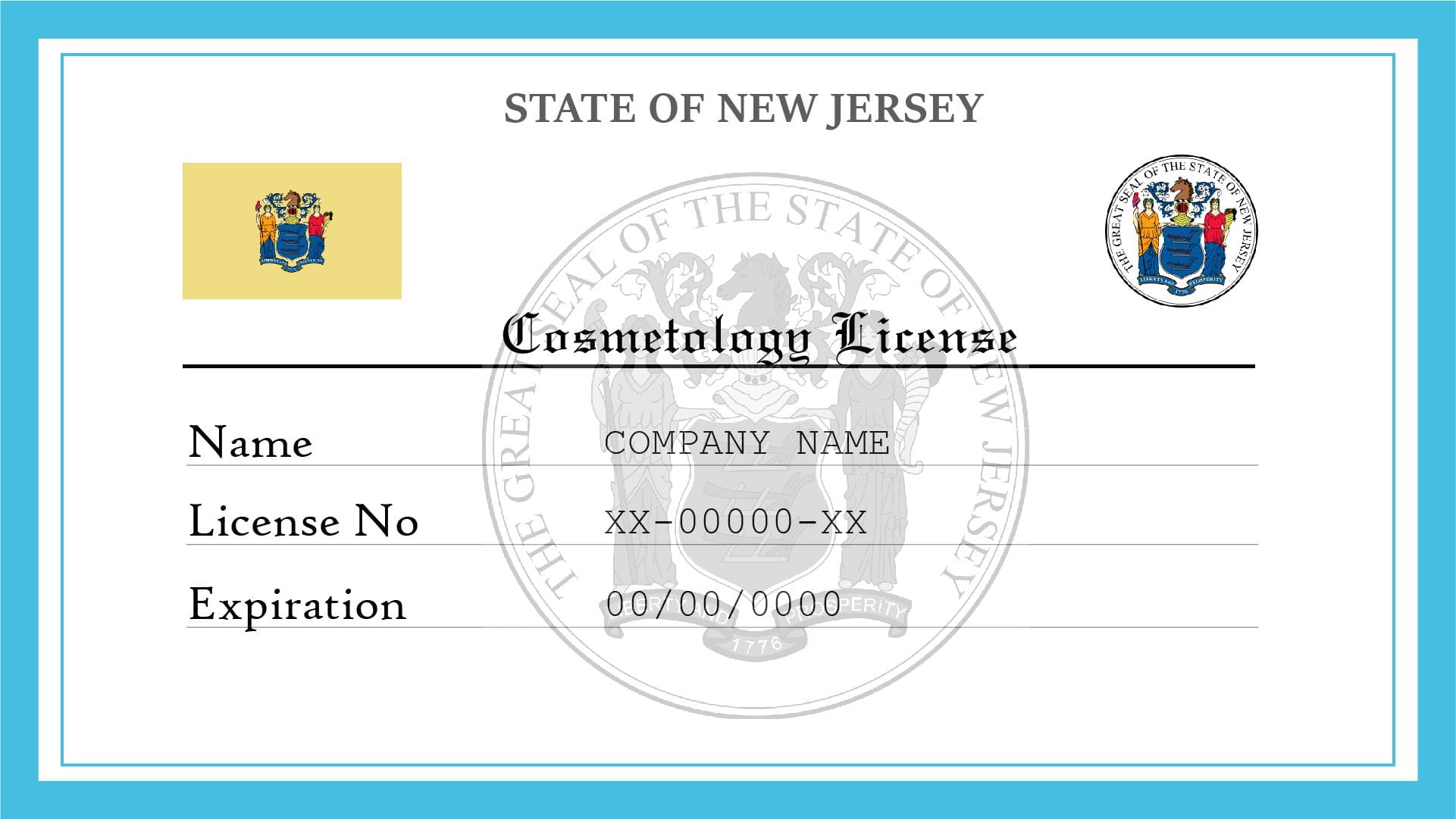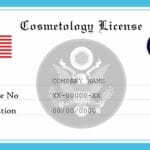This comprehensive guide provides everything you need to know about obtaining and maintaining a cosmetology license in Tennessee, including the latest 2024 regulations. Whether you’re just starting your journey or are a seasoned professional, this resource offers valuable insights into the process.
Navigating the Tennessee Board of Cosmetology
The Tennessee Board of Cosmetology governs the licensing and regulation of cosmetology professionals in the state. Understanding their role is crucial for anyone pursuing a career in the beauty industry. They ensure public safety and maintain professional standards within the field. For specifics about electrical codes, see table 310.16 of the national electrical code. For comprehensive information on Tennessee cosmetology, the Tennessee State Board of Cosmetology website is an invaluable resource.
Securing Your Cosmetology License: A Step-by-Step Approach
The path to becoming a licensed cosmetologist in Tennessee involves several key steps:
Training Completion: Aspiring cosmetologists must complete 1500 hours of training at a state-approved cosmetology school. This comprehensive training covers various aspects of beauty care, from hair styling and makeup application to nail care and skincare. The duration may vary depending on the program structure (full-time or part-time).
Exam Success: After completing the required training, candidates must pass both a written and a practical exam administered by PSI. These exams assess theoretical knowledge and practical skills necessary for professional practice. Contact PSI at 800-733-9267 or visit their website at https://test-takers.psiexams.com/ for more information. Remember to bring your own supply kit and two containers for proper disposal of single-use and multi-use items.
Fee Payment: A licensing fee of $60 is required upon successful completion of the exams.
Online Application: The license application can be submitted online via the state’s portal at core.tn.gov. Ensure you have proof of your completed 1500 hours of training.
Exploring Other License Types
The Tennessee Board of Cosmetology also oversees licensing for other beauty professionals, including:
- Barbers: Specializing in men’s grooming and haircuts.
- Estheticians: Focusing on skincare and related treatments.
- Eyelash Specialists: Providing eyelash extensions and other eye enhancements (a new license category effective July 1, 2023, requiring a 300-hour specialized program).
Understanding Licensing Costs in Tennessee
The cost of obtaining a cosmetology license involves several components:
- Application Fee: $60
- Examination Fee: $140 (or $70 for each exam individually)
- Cosmetology School Tuition: This varies significantly depending on the school and program length, ranging from approximately $5,000 to $20,000. Contacting schools directly is crucial for obtaining accurate tuition information. Additional costs may include tools, supplies, and ongoing education.
Staying Up-to-Date with Regulations
The cosmetology field is dynamic, with regulations evolving to reflect industry changes. Staying informed about these updates is essential.
- 2023-2024 Updates: Significant changes include mandatory domestic violence training for all licensees and updated rules for limited service shops, including equipment waiver options based on demonstrated business need (effective January 14, 2024). These changes suggest an ongoing effort to adapt to industry trends and ensure client safety and quality service. Further updates are likely.
License Renewal: Staying Current
Cosmetology licenses require regular renewal, typically every two years. The current renewal fee is $60, with a $25 late fee. Renewals can be processed online through core.tn.gov. Refer to Rule 0440-1-.13 (3) of the Tennessee Rules of Cosmetology for detailed information.
Domestic Violence Training: A Vital Component
Mandatory domestic violence training is a significant step toward fostering a safe and supportive environment within the beauty industry. This training equips professionals to recognize signs of domestic violence and connect those affected with necessary resources.
Contacting the Tennessee Board of Cosmetology
For any questions or concerns, reach out to the Tennessee Board of Cosmetology at [email protected] or visit their website at tn.gov.
Time Commitment for Licensure
Obtaining a cosmetology license requires a significant time investment. The 1500 hours of training, which is the minimum requirement, can take a year or less in a full-time program but potentially over two years in a part-time setting. Additional time is needed for exam preparation and the application process. Ongoing continuing education is essential for maintaining licensure and staying current with industry advancements.
Educational Pathway: A Closer Look
The 1500-hour training requirement covers both theoretical knowledge and practical skills. A typical curriculum includes hair cutting, coloring, styling, skincare, nail care, makeup application, sanitation, anatomy, product chemistry, and often salon management. Specialization options may be available. Different schools offer varied program structures and costs, so research is essential.
Understanding the Exam Process with PSI
Both the written and practical exams are administered by PSI. The written exam assesses theoretical knowledge, while the practical exam evaluates hands-on skills in a simulated salon setting. The practical exam typically takes 3-4 hours. Review PSI’s resources for detailed information on exam structure, content, and preparation.
Application and Licensing Procedures
Once you pass both exams, you must submit an online application through https://core.tn.gov, along with a $60 application fee and proof of your completed 1500 hours of training. Keep copies of all submitted documents. The Board of Cosmetology is available to assist with any questions.
Requirements for Cosmetology in Tennessee: A Detailed Overview
Beyond the age requirement (at least 16 years old), educational requirements include two years of high school or a minimum score of 38% on the GED® or HiSET® exam. The core requirement is the 1,500 hours of training. The Tennessee Cosmetology Act and the “Rules of the Tennessee Board of Cosmetology and Barber Examiners” govern the practice of cosmetology in the state.
This comprehensive guide provides a solid foundation for pursuing a cosmetology career in Tennessee. Further research into specific schools, programs, and career paths is highly recommended.
- Unlock Water’s Symbolism: A Cross-Cultural Exploration - April 20, 2025
- Identify Black and White Snakes: Venomous or Harmless? - April 20, 2025
- Unlocking Potential: Origins High School’s NYC Story - April 20, 2025
















2 thoughts on “Tennessee Cosmetology License: The Complete Guide to Requirements, Renewal, and New 2024 Regulations”
Comments are closed.